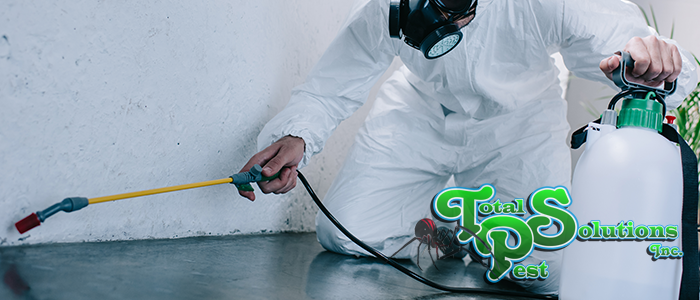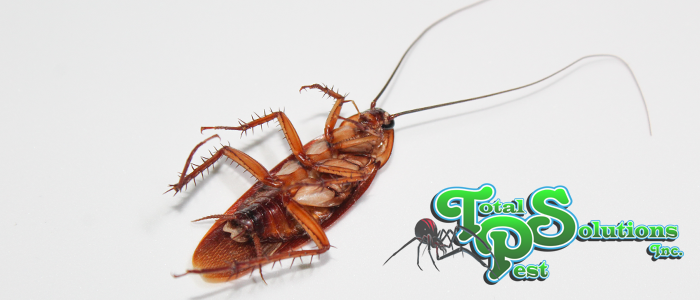
Hurricanes are nothing new in Florida. They wreak havoc and annually cause billions of dollars of damage across the United States, according to the NOAA. This is why it is vital that homeowners know what to do to protect their homes in the event of a hurricane. But one aspect of preparation that homeowners often overlook is pest control. One thing is certain, fallen trees and standing water are big draws for many insects. So it is no surprise that after a hurricane, you should be prepared for the inevitable spike in pest populations.
-
Pre-Hurricanes
Before hurricane season even starts, it is a good idea to start inspecting in and around your home for weak points or areas where insects or rodents may try to enter. You want to make sure that you seal any cracks or gaps in the walls or around windows. Also check around the foundation and make sure there is no standing water or water damage. You should verify that the slope of your yard goes away from your house so that water flows away from the foundation. Also make sure that garbage cans, firewood, or anything else that attracts pests is not directly against the house. Lastly, trim back trees and shrubs so that they are not touching the walls or the roof of the house.
-
Post-Storm: Water
Mosquitoes and other flying insects lay their eggs in water, so standing water or flooding after a hurricane is an ideal breeding ground. Once the storm has passed, you need to ensure that as much standing water as possible is removed from your property. If there is flooding, it may not be entirely up to you, but you can remove water from birdbaths, garbage can and their lids, grill covers, clogged rain gutters, and flowerpots. Mosquitoes only need half an inch of water to breed, so do your best to clear as much water as you feasibly can.
-
Post-Storm: Spoiled Food
Power outages are common in hurricanes. And no power to the refrigerator means that unfortunately some of your food will likely spoil and need to be thrown out. To avoid attracting flies and rodents to the smell of rotten food, you must ensure that your garbage is properly sealed and that it is picked up in a timely manner. Be sure to separate your regular household garbage from any construction debris, as sanitation workers usually prioritize the regular household waste after a storm.
-
Post-Storm: House
Now comes the daunting part. After the storm, you need to inspect your house for damage. This may seem obvious but remember not to just look for big things like fallen trees or broken windows. Check for rotting wood caused by water that could draw termites. Additionally, check the roof, siding, and soffits for any gaps where rats, mice, raccoons, squirrels, or even opossums might enter. Finally, check the seal around your windows and doors as well.
Contact Us
If you do end up with an infestation, call Total Pest Solutions to have your home inspected and treated.
continue reading
Related Posts
Don’t Let Pests Take Over: The Top 5 Signs You […]
Flea Infestations in Your Workplace – A Complete Guide for […]
Winning the War Against Kitchen Roach Infestations When it comes […]






